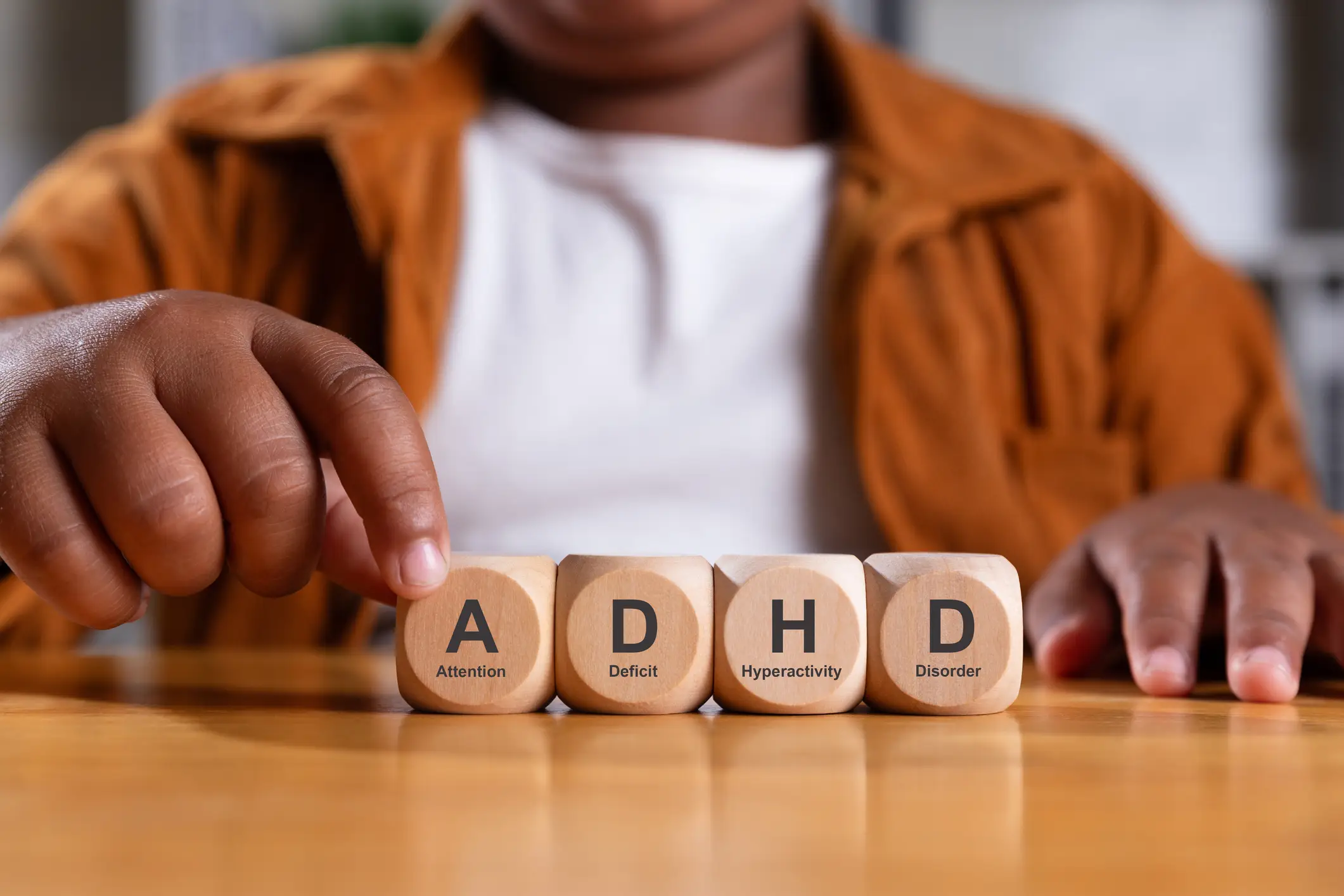
The NHS has shared 11 common signs in adults that could suggest they have ADHD.
Attention deficit hyperactivity disorder (ADHD) can be diagnosed during adulthood but is usually first spotted in children.
Latest figures suggest that around three and four percent of UK adults currently suffer from ADHD, according to the National Institute for Health and Care Excellence (NICE).
But if symptoms aren't picked up at an early age, then there's a good chance you won't know you have it as an adult.
Advert

If you think there's a possibility you could have it, the NHS has shared a list of symptoms to help.
Though it's important to note that only a specialist can diagnose you with ADHD, so if you reckon you resonate with some of these signs, it's best to speak to a medical professional who can pass you on to the right person.
Carelessness and lack of attention to detail
Everybody procrastinates and wastes time every now and then to avoid menial tasks, but ADHD brains are consistently more likely to do things that give them a dopamine rush.
A person with ADHD might have very low levels of dopamine, therefore making everyday tasks much harder to do and more boring than for the average person.

Restlessness and edginess
This is one of the more subtle symptoms that - if paired with others - could potentially indicate ADHD.
However, experts have warned that being ‘perpetually restless’ is what they would be looking for, rather than occasionally.
Occasional restlessness could, however, be explained by things like drinking a lot of caffeine or anxiety disorders.
Mood swings and irritability
Of course we’re all moody from time-to-time, it could be a hard day at work or a bit of bad news.
But those with ADHD tend to have emotional outbursts, which could be tied up with difficulties in 'managing attention and directing energy’.

Inability to focus or prioritise
There are some days when focusing just isn’t on the agenda, but people with ADHD find concentration a struggle everyday.
This could include losing track of time, or even knowing how long something is going to take.
A person with ADHD might also struggle to prioritise tasks based on importance - with a relatively easy task sometimes being incredibly delayed, for example.
The NHS has also said that constantly starting new tasks instead of finishing old ones could be a sign of the condition.

Conversational difficulties
This could include a need to interrupt with a thought that interests them.
They may interrupt more often than usual as they might not remember what they were about to say, or what they'd been told elsewhere in the conversation.
Other symptoms on the list include:
- Poor organisational skills
- Continually losing or misplacing things
- Forgetfulness
- Difficulty keeping quiet
- Extreme impatience
- Taking risks in activities - such as dangerous driving, for example
Topics: Health, Mental Health, NHS